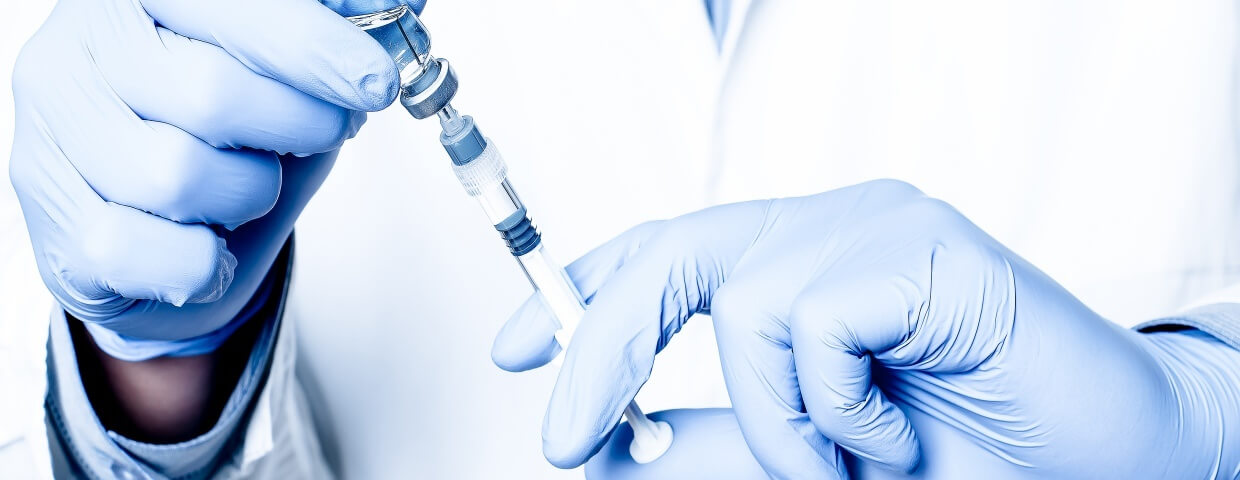Welcome to the world of testosterone injections for sale. Our body is a complex machine equipped with hormones regulating various essential functions, one being testosterone. In this article, we will delve deep into understanding the significance of testosterone, its production in our body, and how TRT comes into play when testosterone levels decline. So, let’s embark on this journey and uncover the mysteries behind TRT and how it can potentially benefit your life.
Testosterone is a hormone produced by the body and responsible for regulating several essential processes. It is primarily known to assist in building muscle mass, bone density, and strength. It also has an overall impact on our mood, along with libido and energy levels. Testosterone production increases from puberty until the mid-twenties when it starts to decline slowly. This slow decrease in testosterone levels is known as Testosterone Deficiency Syndrome (TDS).
There are several symptoms associated with testosterone deficiency syndrome, including fatigue, depression, low libido, loss of muscle mass and strength, weight gain, and poor concentration. These symptoms can affect your quality of life significantly. Fortunately, there is a solution to this problem. Testosterone Replacement Therapy (TRT) is an effective treatment option used to increase testosterone levels in the body and resolve the symptoms associated with TDS.
Traditionally, TRT involves injections of synthetic testosterone that help raise your levels to normal ranges. However, it can also be administered in other forms, such as patches, pellets, and gels. Each method has its own advantages and disadvantages when it comes to managing testosterone levels in the body.
At first glance, TRT may seem like an easy fix for low testosterone levels. However, it is important to note that this therapy should only be used as a last resort when all other treatment options have been exhausted. Your doctor will take into account your age, medical history, and lifestyle before recommending TRT.
1. Understanding Testosterone:
Testosterone, a hormone primarily produced in the testicles of males and the ovaries in females, plays a crucial role in maintaining several bodily functions. Primarily known as the male sex hormone, testosterone is responsible for developing male sexual characteristics such as muscle mass, bone density, and body hair growth. It is also a vital component in sex drive and the production of sperm. However, testosterone isn’t just essential for men; women also require it in smaller amounts for maintaining bone density, muscle mass, and emotional well-being.
2. The Decline in Testosterone:
As we age, it’s natural for testosterone production to decrease gradually. Typically, men begin experiencing a decline in testosterone levels around the age of 30, dropping about 1% per year. Some men may have testosterone levels that fall below the average range for their age, resulting in several health issues like fatigue, low sex drive, body composition changes such as increased fat, and decreased muscle mass. This decline may also lead to mood swings and sleep disturbances. Numerous factors contribute to low testosterone production, including obesity, stress, medications, and medical conditions.
3. Introducing Testosterone Replacement Therapy:
Testosterone Replacement Therapy (TRT) is a medical treatment designed to restore the optimal balance of testosterone in the body. It aims to alleviate the symptoms and health issues arising due to low testosterone levels. TRT is available in various forms, including injections, gels, patches, or pellets, and should always be administered under medical supervision. TRT benefits may include increased energy, improved mood, better sexual performance, and enhanced quality of life.
4. Evaluating the Risks and Benefits of TRT:
While TRT can make a significant difference in enhancing one’s quality of life, it does come with certain risks and side effects. Potential side effects include acne, increased risk of blood clots, sleep apnea, breast enlargement, and reduced sperm production, which may affect fertility. However, not all TRT patients will experience these side effects, and for many, the benefits outweigh the risks. TRT is known to improve overall energy and mood, increase bone density, and promote lean body mass. It’s essential to consult with a healthcare professional to determine if TRT is appropriate for you and weigh the potential risks and benefits carefully.
It is important to note that TRT isn’t a quick fix for all symptoms associated with low testosterone levels, but rather an effective tool to help manage them. However, when done properly and under proper supervision, TRT can have a positive impact on your body’s hormone production and overall health.
With careful consideration and a tailored approach, TRT can be used to address symptoms like decreased libido, fatigue, muscle loss, depression, and other conditions related to low testosterone levels. However, it is important to remember that individual results may vary depending on age, lifestyle habits, and other factors.
5. Ensuring the Right TRT Plan for You:
Careful selection of an appropriate TRT plan is vital, as there is no one-size-fits-all solution. A thorough assessment of your medical history, current health, symptoms, personal goals, and lifestyle is necessary before embarking on a TRT plan. Your healthcare professional will likely conduct blood tests to measure your testosterone levels and investigate the root cause of low testosterone. Based on the findings, they will design a customized treatment program tailored to your needs, aiming to bring your testosterone levels back into balance and improve your overall well-being.
Testosterone Replacement Therapy is an innovative medical treatment for individuals suffering from low testosterone levels. While it may not be suitable for everyone, it can significantly enhance the quality of life for those requiring it. The key to a successful and beneficial TRT experience is having a thorough understanding of your body, an accurate diagnosis, and suitable medical guidance. With proper planning and supervision, TRT can enable you to regain control of your health and enjoy the harmony that comes with the right hormonal balance.

